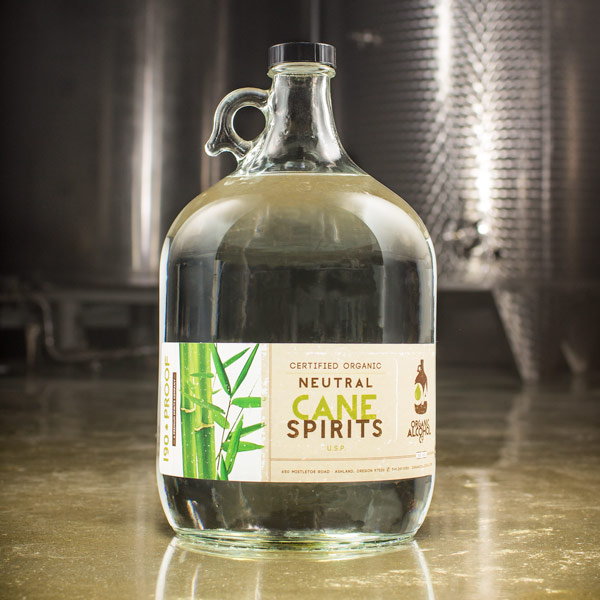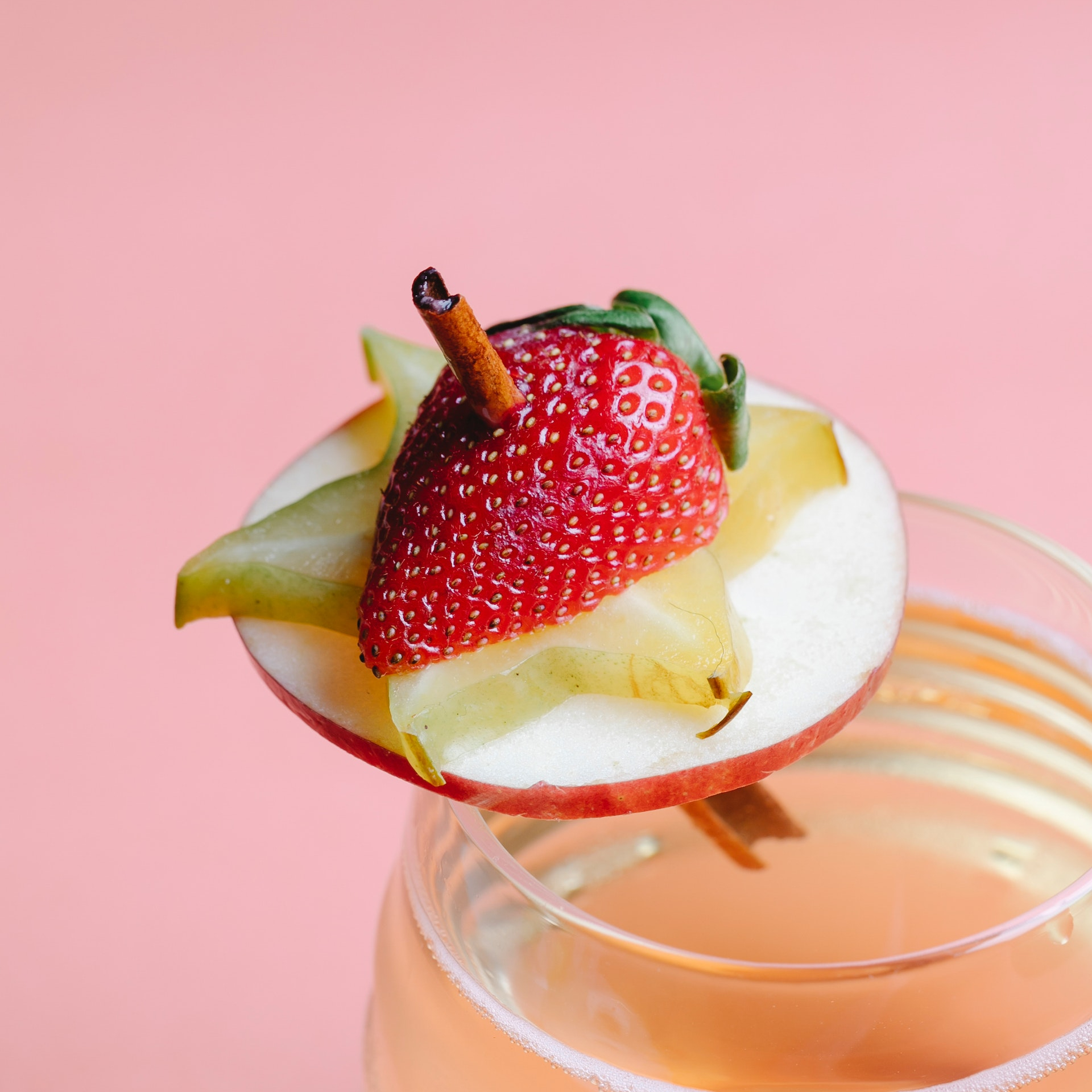Whether you engage in cosmetics, perfume, or food and beverage industries, adopting organic alcohol for your cosmetic product, perfume or drink involves a significant factor you must consider. The organic sector is expanding numerously, with more people becoming health and environmentally conscious globally.
Nowadays, people are more cautious about the impacts of the products they use on the environment and their health, thus going for healthy products. Even though alcohol is manufactured using organic ingredients like fruits, sugarcane, and grains, this does not necessarily guarantee that the alcohol will be organic. More procedures will need to be adhered to for alcohol to be certified as an organic product.
What is Organic Alcohol?
Organic alcohol involves alcohol whose ingredients have been grown through organic farming. Organic farming dictates that crops should be farmed without artificial fertilizers, pesticides, or sewage sludge. Again, these crops should be processed food additives or ionizing radiation, which is used to increase the product’s shelf life.
Additionally, natural methods and alternatives are utilized rather than depending on synthetic chemicals to manage crop diseases and pests. The natural options for pest control that can be used include introducing natural predators on the farms.
Types of Organic Ethanol
While all forms of organic ethanol can be used in manufacturing flavor extracts such as organic vanilla extract and organic food products, they include the following;
Organic cane alcohol

Usually, organic cane alcohol is the major ingredient in cosmetics, gold, light and dark rum, and cane-based liquors.
Organic wheat alcohol
This alcohol is processed from fermented wheat and utilized as the base ingredient for cosmetic, gin, and vodka products.
Organic grape alcohol
Typically, this alcohol is used to manufacture grappa and fortified wines. Also, it can be used to make other forms of grape-based spirits.
Organic grain alcohol
Organic grain alcohol is a famous base for gin liqueurs and gin, and it is typically made from rye. Note that botanicals and ethanol utilized in products like gin should be organically certified for the product to qualify.
Benefits and Uses of Organic Alcohol
Organic alcohol can manufacture various commodities, including beverages, homoeopathic medicines, natural perfumes, and essential oil extraction. Again, this alcohol can produce flower essence in treatments allowing an excellent healing power and preserving wine.
Tests and research have depicted that people taking organic alcohol have low chances of experiencing handover effects. Besides, organic alcohol is more sustainable compared to that produced using chemicals. It would be best if you were cautious when purchasing organic alcohol as the term “organic” has been taken by some marketers as a buzzword for advertising. Therefore, some manufacturers will include this term on their product labels to capture customers’ attention. It is important to check for more information on whether the product is made from organic or 100 percent organic ingredients.
Finding organic alcohol can be challenging as most brands are either not produced using organic products or fail to reach the government’s standards. Therefore, to guarantee the quality, one might have to contact a manufacturer directly or be specific when making an online order.




